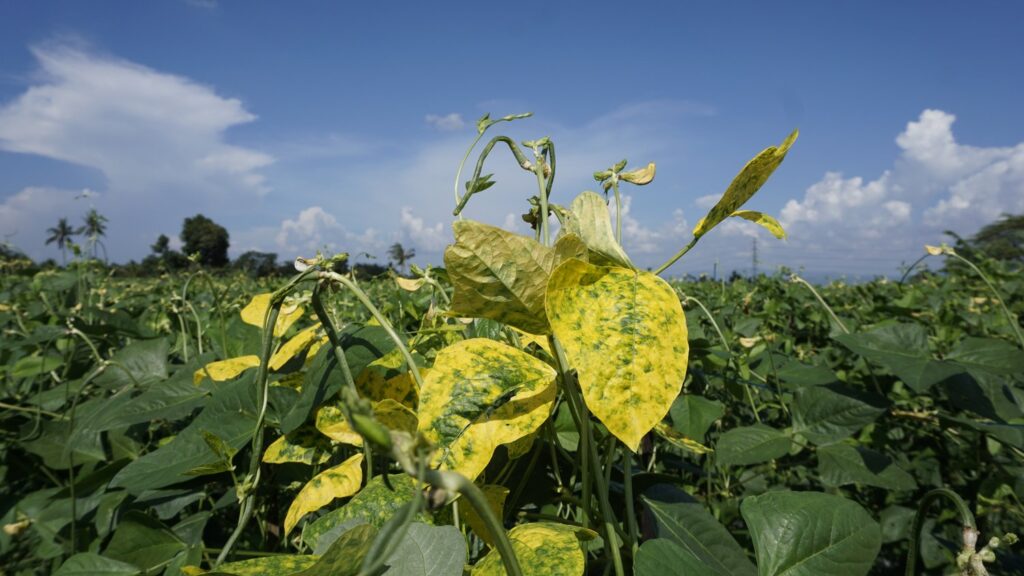Researchers at the University of California, San Diego, have developed an experimental treatment based on a plant virus that has shown significant efficacy in protecting mice against a wide range of metastatic cancers.
The treatment, utilising nanoparticles derived from the cowpea mosaic virus—an agent that infects black-eyed pea plants—has demonstrated impressive results in improving survival rates and curbing the growth of metastatic tumours across various cancer models, such as colon, ovarian, melanoma, and breast cancer. The positive outcomes were similarly observed when the treatment was given to mice post-surgical tumour removal.
The groundbreaking findings were published in Advanced Science, building upon the work led by Nicole Steinmetz, a professor of nanoengineering at UC San Diego. Steinmetz, who also directs the Center for Nano-ImmunoEngineering and co-directs the Center for Engineering in Cancer, has been pioneering the use of cowpea mosaic virus nanoparticles to stimulate the immune system to combat cancer and prevent its recurrence and spread.
Earlier research by Steinmetz’s lab involved injecting these plant virus nanoparticles directly into tumours, prompting an immune response. Although the virus does not infect mammals, the immune system still identifies it as a foreign entity, sparking a strong reaction against both existing tumours and potential future tumours. This innovative approach aimed to leverage the body’s natural defenses to fight cancer.
In the latest study, Steinmetz and her team discovered that direct injection into tumours is not necessary for the nanoparticles to be effective. Systemic administration of the nanoparticles significantly improved survival rates and inhibited metastasis across various cancer types. Steinmetz explained, “Here, we do not treat established tumours or metastatic disease—we prevent them from forming. We are providing a systemic treatment to wake up the body’s immune system to eliminate the disease before metastases even form and settle.”
To produce the nanoparticles, the researchers cultivated black-eyed pea plants in the laboratory and infected them with the cowpea mosaic virus. This process yielded millions of virus copies in the form of spherical nanoparticles, which were used in experiments without further modification. Steinmetz referred to these as “Nature’s powerful nanoparticles, as produced in black-eyed pea plants.”
The efficacy of the treatment was tested in mouse models of colon, ovarian, melanoma, and breast cancers. Mice injected with cowpea mosaic virus nanoparticles and subsequently exposed to metastatic tumours a week later showed improved survival rates and reduced tumour growth compared to untreated mice. The positive effects persisted even when the mice were challenged with new tumours a month later, indicating the treatment’s lasting impact.
One of the most exciting aspects of this research is the treatment’s effectiveness following surgery. In additional experiments, administering the nanoparticles after surgical tumour removal led to better survival rates and reduced tumour regrowth in mice. Steinmetz emphasised the importance of this finding, noting, “Even if you perform surgery to remove the tumours, no surgery is perfect, and there is an outgrowth of metastasis if no additional treatment is provided. Here, we use our plant virus nanoparticles after surgery to boost the immune system to reject any residual disease and prevent circulating tumour cells from metastatic seeding. We found that it works really, really well.”
The research team is now gearing up for clinical trials, with plans to conduct safety studies and evaluate the treatment’s efficacy in pet animals with cancer. Future studies will also delve into understanding the mechanisms behind the immune-boosting properties of the cowpea mosaic virus nanoparticles.
The promising results of this study represent a significant step forward in cancer treatment. By harnessing the power of plant viruses, researchers are exploring novel ways to enhance the body’s natural defenses against cancer, potentially offering new hope for patients with metastatic disease. Steinmetz and her team are optimistic about the future of this research and its potential to revolutionise cancer therapy.
As the field progresses, the focus will remain on refining the treatment, ensuring its safety and efficacy, and preparing for human clinical trials. The ultimate goal is to provide a new, effective tool in the fight against cancer, leveraging the unique properties of plant virus nanoparticles to boost the immune system and prevent the spread and recurrence of the disease.
Author
Isabella Sterling
Content Producer and Writer
Nano Magazine | The Breakthrough


